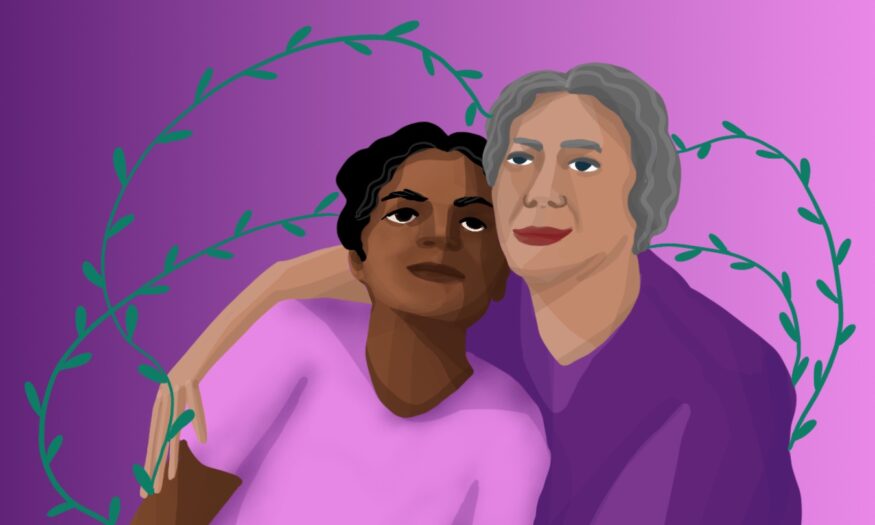Care Work in Massachusetts: A Call for Gender, Racial, and Economic Justice
 Kampus Production/Pexels
Kampus Production/Pexels
Care work—which includes the labor of workers in nursing homes, long-term care facilities, and as in-home aides—is a growing area of the U.S. economy. Most care work, paid and unpaid, has historically been done by women. This report, released in September of 2022, highlights the gendered, racial, and economic inequities in care work in Massachusetts, a field that is predominated by immigrant women and women of color. It addresses the historical and contemporary context of care work and provides policy suggestions that can improve the field of care work and the experiences of care workers.
“If we paid jobs according to their value to society, few people would make more than child-care workers, home care workers, and long-term care facility workers. Almost none of us will get through life without needing at least one of them. Demand for the jobs may shift, but it never goes away, and they are impossible to outsource.”






